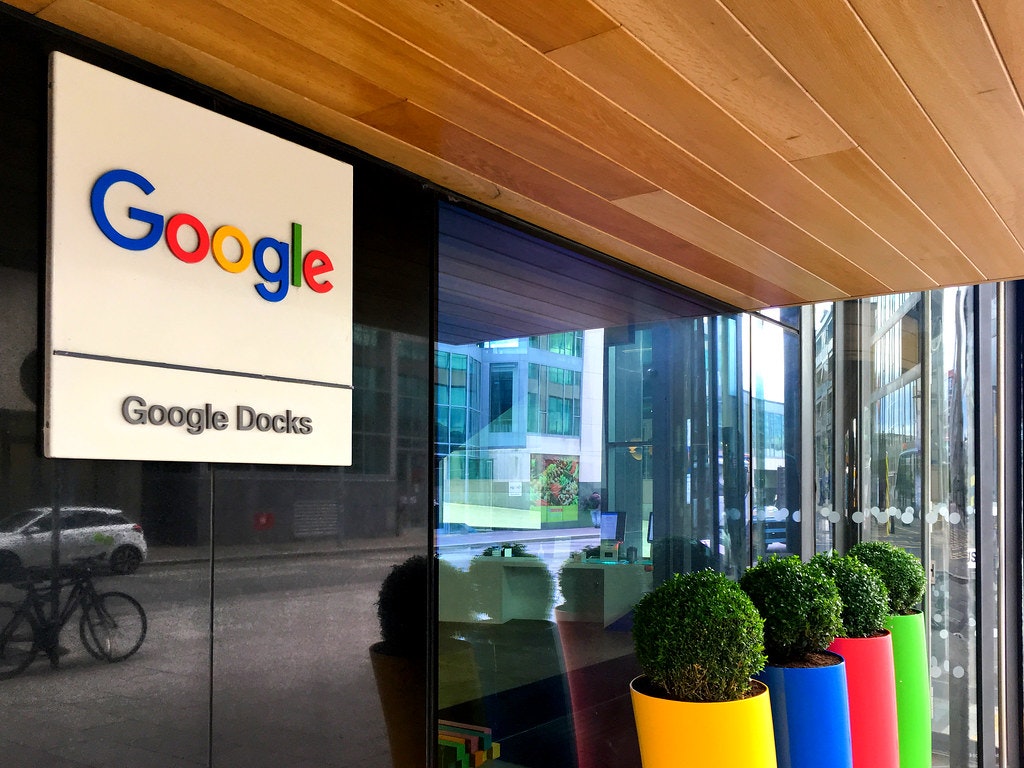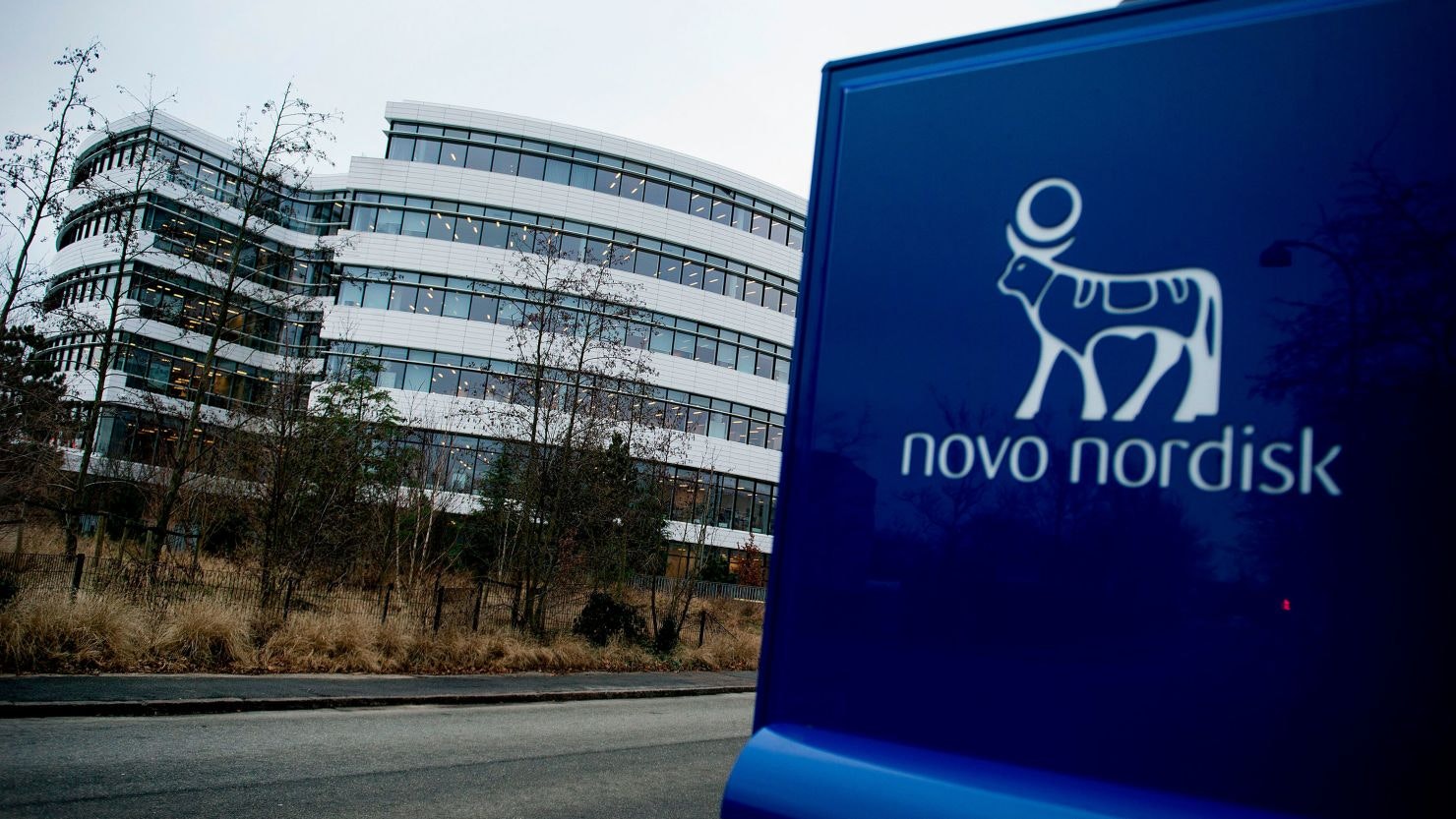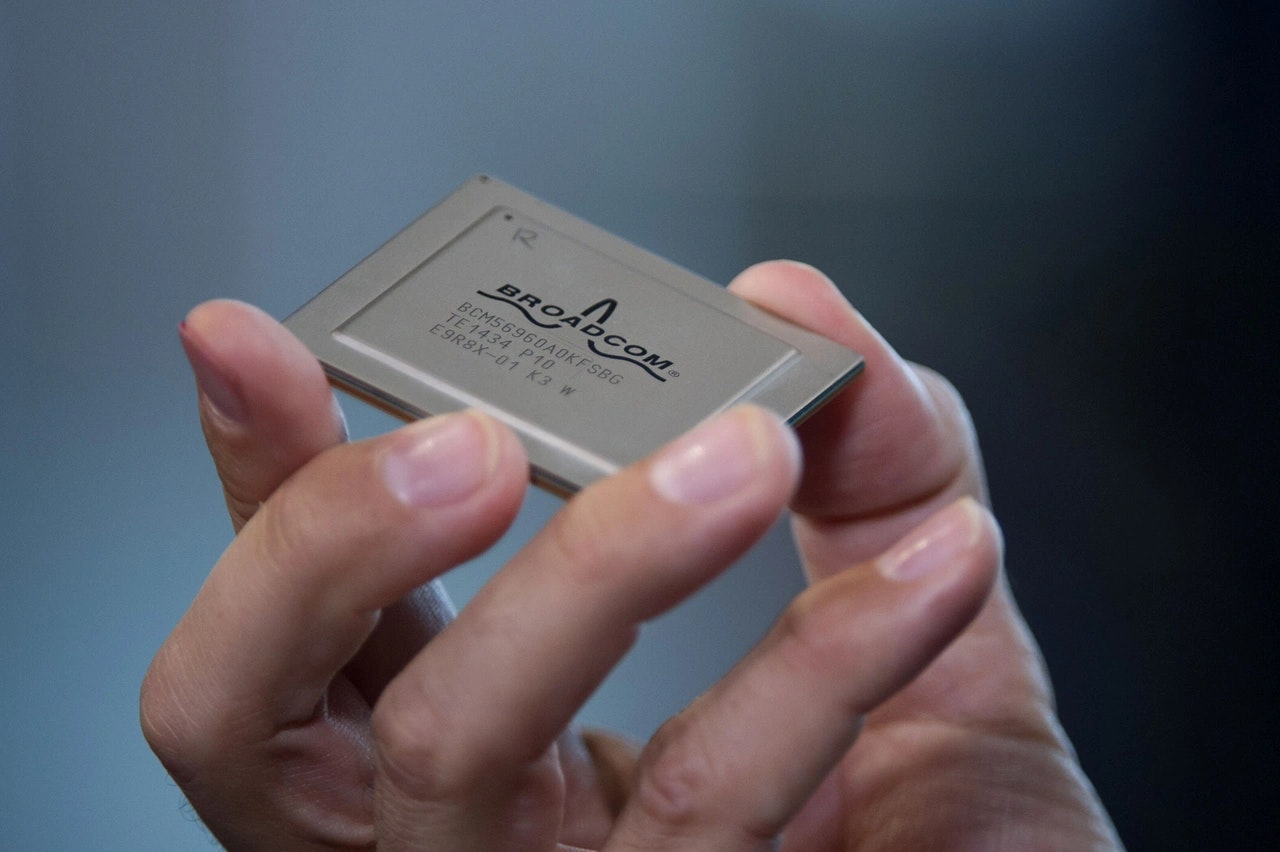The move raises questions about whether the spending of tech giants in the race for the best minds in artificial intelligence (AI) has become excessive. Shazeer, co-author of an influential scientific paper from 2017 that is considered the foundation for today's AI revolution, left Google in 2021 after the company refused to release a chatbot he had developed.
Google has rehired its former employee. The official reason for the payment was the licensing of Character.AI technology. However, insiders agree that the return of Shazeer was the main incentive for the billion-dollar amount.
The deal, which values Character.AI at approximately 1 billion dollars, brings Shazeer a payout in the high hundreds of millions – an exceptionally high amount, particularly for a founder who neither sold his company nor took it public. With the transfer to Google, Shazeer switches sides after publicly criticizing that Google had become too cautious in developing AI.
The 48-year-old, who began at Google as one of the first hundred employees, is now one of three leaders working on the development of Gemini, the company's latest and most powerful AI technology. Google plans to use Gemini to outpace the competition and reclaim its leading position in AI research from rivals such as OpenAI and Meta.
Character.AI was founded in 2021 and aimed to offer a new type of human-machine interaction with chatbots that imitate well-known personalities like Elon Musk or fictional characters like Percy Jackson. In March 2023, the company secured $150 million in a funding round that valued the startup at $1 billion. However, despite initial enthusiasm, Character.AI, like many AI startups, struggled with high costs for developing its technology and a revenue model that wasn't sufficiently stable.
After attempts to raise additional capital failed, Character.AI agreed to the transaction with Google. According to company statements, 20 million monthly active users remain on the platform, and the business is on a good path. However, Shazeer and about 30 other employees, including co-founder Daniel De Freitas, returned to Google.
Google sees the investment not only as an opportunity to secure a promising technology but also to accelerate its own AI development. Shazeer holds the title of Vice President at Google and is once again working at the forefront of AI research. He and his team are expected to help develop Gemini into a market-ready alternative to ChatGPT and other AI assistant systems.
Noam, who is at the forefront for us, will play a central role in the further development of our AI strategy," said Google co-founder Sergey Brin at a recent conference. Google has recognized that it has been too hesitant in the past with the introduction of new AI technologies. Now, the company wants to develop at maximum speed.
Shazeer's return marks another step in the heated race among tech giants for dominance in AI technology. Amid growing pressure from investors and competition to continuously deliver innovative products, betting on Shazeer's expertise and the acquired technology could strengthen Google's position.
With this strategic realignment and focus on rapid innovation cycles, Google seems determined to prepare for the next era of Artificial Intelligence – a race in which the best minds and technologies will make the difference.







